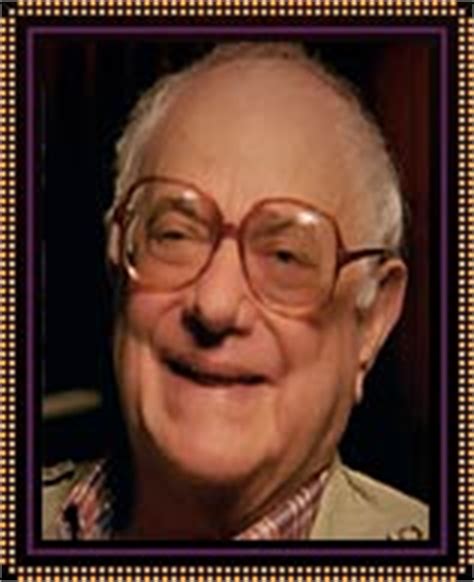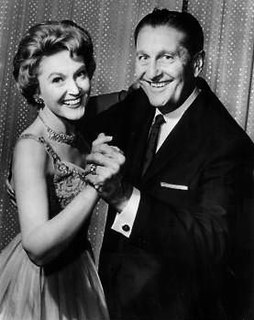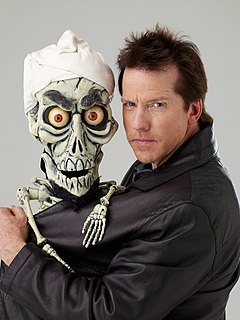A Quote by Peter Stone
You listen to the audience. The audience is wrong individually and always right collectively. If they don't laugh, it isn't funny. If they cough, it isn't interesting. If they walk out, you are in trouble.
Quote Topics
Related Quotes
If you tell the reader it's funny, then the audience is like an audience at a stand-up comedy club and they expect you to be funny, and if you're not, they notice. Whereas if you read a regular op-ed about Israel or the family or medicine, you're not starting with the assumption that you're supposed to laugh.
The best way to make friends with an audience is to make them laugh. You don't get people to laugh unless they surrender - surrender their defenses, their hostilities. And once you make an audience laugh, they're with you. And they listen to you if you've got something to say. I have a theory that if you can make them laugh, they're your friends.






































